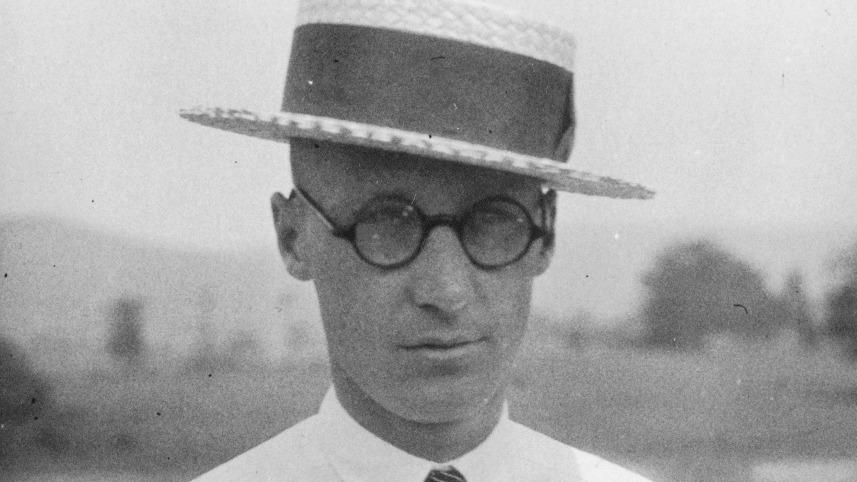Writing in Smithsonian magazine (May 21, 2025), Dan Falk discussed the Scopes trial and its consequences as its centennial nears — and NCSE helped.
NCSE's Amanda L. Townley explained that the trial was engineered to draw attention to the town of Dayton, Tennessee, and the defendant was a volunteer: "John Scopes wasn't this 'hapless victim' science teacher." If the Scopes trial happened today, she added, "it would be a pay-per-view event."
"The Scopes trial is often misperceived as a clash between science and religion," NCSE's Glenn Branch commented. "Few of the people involved would have described it so." Most of the defense team, he said, regarded it as "a clash between dogmatic religion and scientific claims that were compatible with a more enlightened faith."
Observing that rejection of evolution persists at a higher rate in the United States than in the rest of the developed world, Falk writes, "Even so, public acceptance of Darwin’s theory has been increasing in the U.S., says Branch, noting that 'evolution education has improved by leaps and bounds since 1925.'"
Townley gets the last word: "While a century has passed since the iconic trial, however, many of its themes continue to resonate, says Townley. 'The trial was symbolic of the deep cultural and political divides that existed in 1925,' she says, 'but it also captures very strongly the cultural and political divide that we are living in right now.'"
Also quoted are Brenda Wineapple, the author of a recent book on the Scopes trial, and Bernard Lightman, a historian of science at York University.


